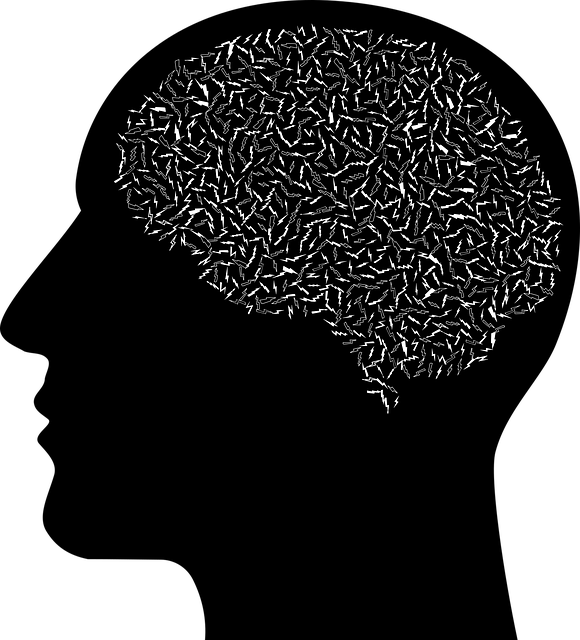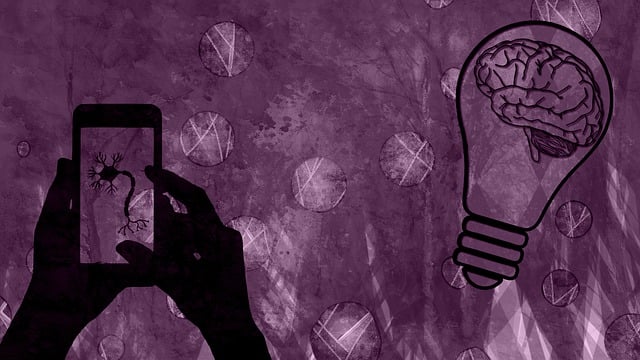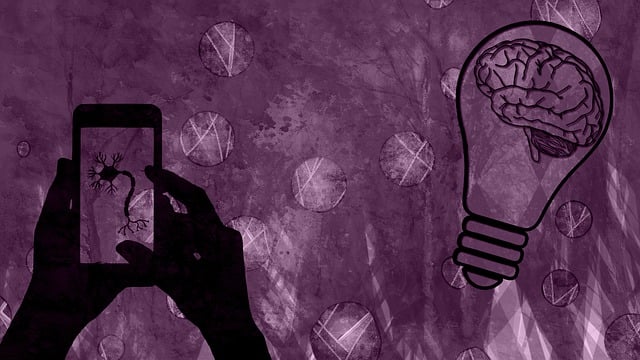Arvada Post-Traumatic Stress Disorder (PTSD) is a prevalent mental health issue, often misdiagnosed due to comorbidities and individual responses. Effective treatment involves CBT, EMDR, journaling, and positive thinking. Enhancing diagnosis accuracy in Arvada PTSD therapy requires cultural sensitivity, advanced training, and innovative techniques like digital interventions and virtual reality. Advocacy groups push for better mental health policies to improve access to essential services, benefiting individuals struggling with PTSD locally and beyond.
In an effort to improve mental health care, this article delves into enhancing the accuracy of Arvada Post-Traumatic Stress Disorder (PTSD) diagnoses. While PTSD significantly impacts individuals, current challenges in diagnosis, such as subjective symptoms and comorbidities, hinder effective treatment. This piece explores innovative approaches leveraging advanced research, evidence-based practices, and technology to elevate diagnostic accuracy, ultimately fostering tailored Arvada PTSD therapy and improved patient outcomes.
- Understanding Arvada Post-Traumatic Stress Disorder (PTSD) and its Impact
- Current Challenges in Diagnosis: Factors Affecting Accuracy
- Innovative Approaches to Enhance Diagnostic Accuracy and Improve Therapy
Understanding Arvada Post-Traumatic Stress Disorder (PTSD) and its Impact

Arvada Post-Traumatic Stress Disorder (PTSD) is a significant mental health concern that has far-reaching impacts on individuals’ lives. It often develops after someone experiences or witnesses a traumatic event, causing intense and distressing symptoms that can interfere with daily functioning. Understanding PTSD involves recognizing its complex nature and the varied ways it manifests in those affected. Many individuals in Arvada struggle silently with undiagnosed or misdiagnosed PTSD, leading to longer-lasting negative effects on their mental wellness.
Effective therapy plays a pivotal role in managing and overcoming PTSD. Through specialized Arvada Post-Traumatic Stress Disorder therapy, such as cognitive behavioral therapy (CBT) and eye movement desensitization and reprocessing (EMDR), individuals can learn coping strategies to manage symptoms like flashbacks, nightmares, and severe anxiety. Additionally, mental wellness journaling exercises and positive thinking techniques can complement traditional therapy, fostering a more holistic approach to recovery. Mental health policy analysis and advocacy also contribute to improving access to these essential services, ensuring better care for those dealing with PTSD in Arvada and beyond.
Current Challenges in Diagnosis: Factors Affecting Accuracy

The current landscape of mental health diagnosis faces several challenges that impact accuracy, including comorbidities, cultural nuances, and individual differences in presentation. For instance, symptoms of Post-Traumatic Stress Disorder (PTSD) can overlap with other conditions like anxiety disorders, making Arvada PTSD therapy a complex process. The diverse ways individuals experience trauma mean that standardized assessment tools might not always capture the full complexity of their emotional responses. This is particularly true when considering cultural backgrounds and life experiences that can influence how symptoms manifest.
Additionally, the subjectivity involved in diagnosis, where therapists interpret behaviors and emotions, introduces variability. Even with rigorous training, professionals may unconsciously project their own biases, leading to misdiagnoses or delayed accuracy. Enhancing diagnostic accuracy requires a multifaceted approach, including advanced training on cultural sensitivity, incorporating diverse therapeutic techniques like those that promote anxiety relief and emotional well-being, and embracing the principles of mind over matter to foster a more nuanced understanding of mental health conditions.
Innovative Approaches to Enhance Diagnostic Accuracy and Improve Therapy

In recent years, innovative approaches have emerged to enhance diagnostic accuracy in mental health, particularly focusing on conditions like Post-Traumatic Stress Disorder (Arvada PTSD Therapy). These methods go beyond traditional assessment tools and incorporate advanced techniques such as digital interventions and data analytics. For instance, artificial intelligence algorithms are being developed to analyze patterns in patient narratives and symptoms, providing more objective and precise diagnoses. Additionally, virtual reality exposure therapy has shown promise in treating PTSD by creating controlled environments that help patients confront traumatic memories safely.
Beyond technology, efforts have also been directed towards enhancing the therapeutic process itself. Crisis intervention guidance and empathy-building strategies play a crucial role in improving patient outcomes. Mental health professionals are increasingly being trained in active listening, mindfulness techniques, and other skills to foster more empathetic relationships with their clients. Furthermore, advocacy groups are pushing for better mental health policy analysis and implementation, ensuring that resources are allocated effectively and services are accessible to all communities. These comprehensive strategies collectively contribute to a more accurate diagnosis and improved therapy for individuals dealing with mental illness.
In conclusion, improving the accuracy of mental illness diagnoses, particularly focusing on Arvada Post-Traumatic Stress Disorder (PTSD) therapy, is a multifaceted endeavor. By understanding the current challenges and innovative approaches discussed in this article, we can enhance diagnostic methods and ultimately improve patient outcomes. Continued research and the adoption of advanced techniques will play a pivotal role in ensuring more effective and precise care for those suffering from PTSD.












